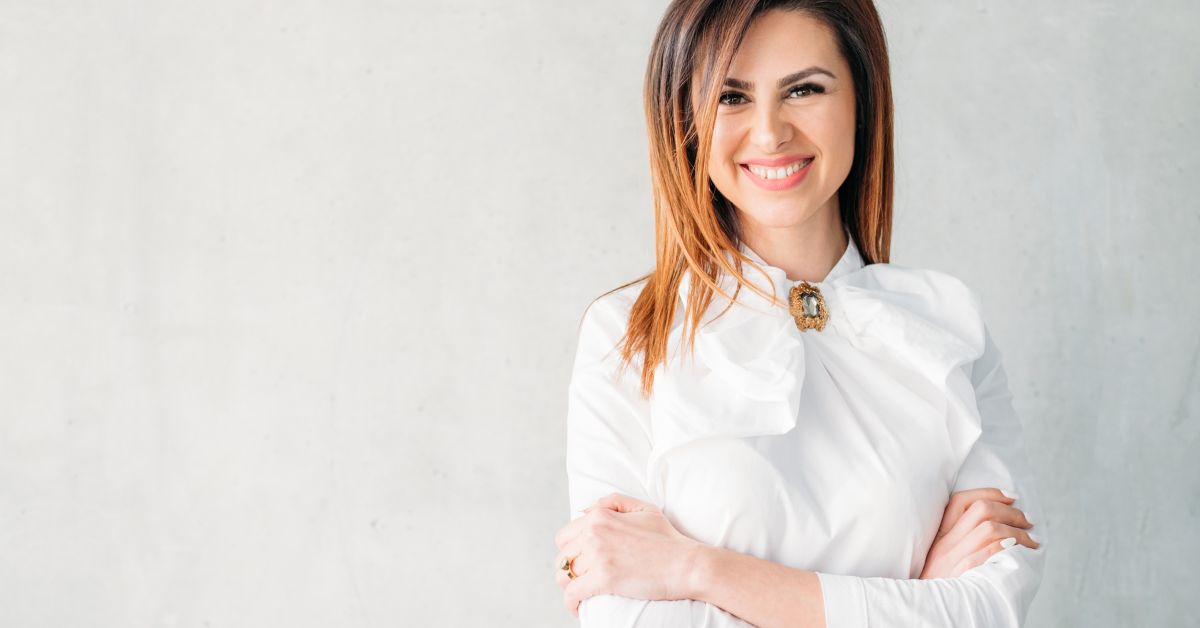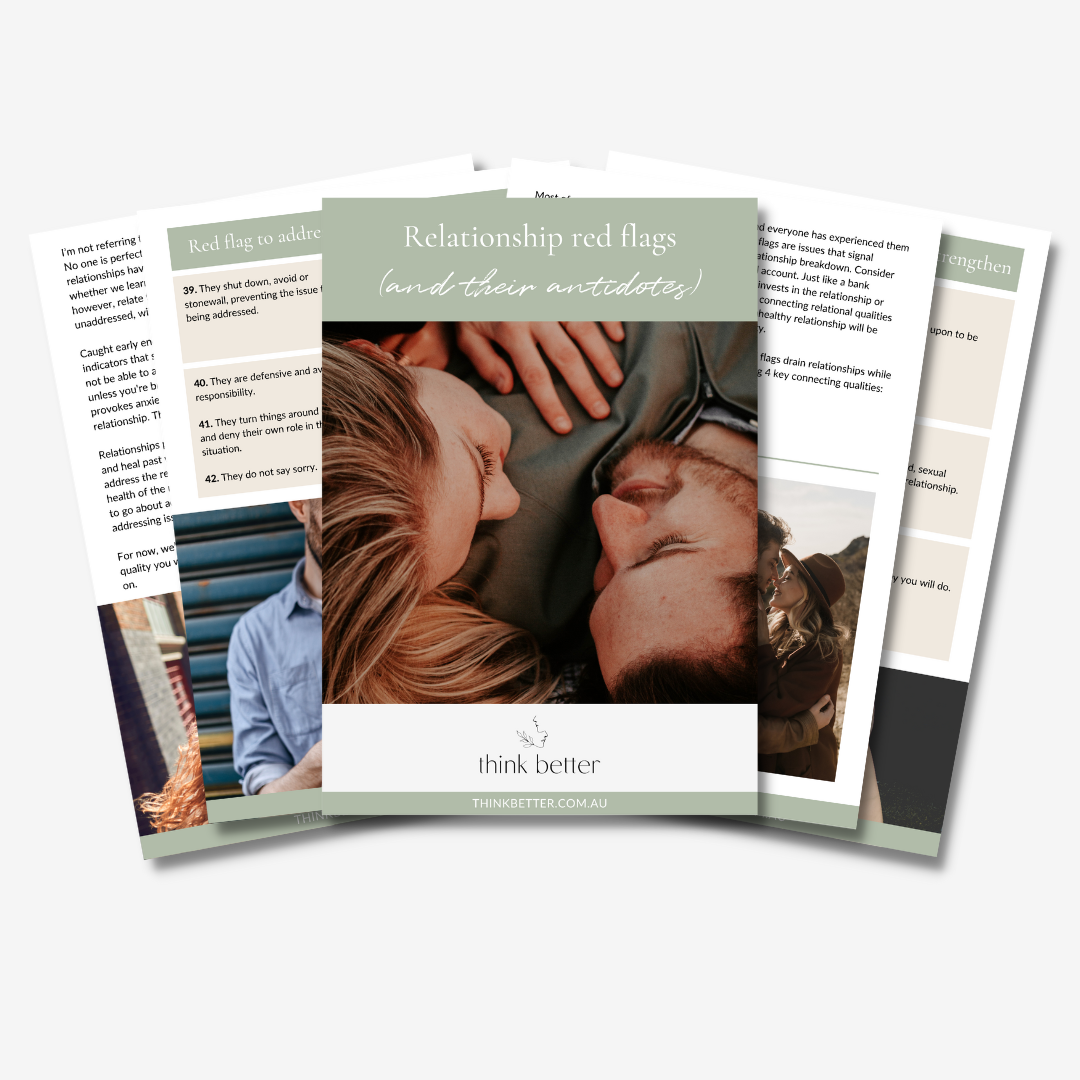Control what you can
When things are difficult in your relationships, when the proverbial hits the fan, it is important to assess what you can realistically control. Then you can put your effort where you are likely to get the best results. All too often we spend too much energy worrying about or trying to fix things in our relationships that we do not have control over. In the wise words of Reinhold Niebuhr, “Give me the serenity to accept the things I cannot change, courage to change the things I can and wisdom to know the difference”. So how do you know which is which?
The Circle of Concern, Influence and Control
Start by identifying what you can control and/or influence. Stephen Covey explains in the “7 Habits of Highly Effective People” that any issue that concerns you, has three parts to it.
- Things you can control,
- Things you can influence, and
- Things outside of your control and influence.
For healthier, happier relationships you need to focus on what you can control and influence while letting go, or stepping away from the things you cannot control.
How do you know what you can control in your relationships?
Sometimes it is hard to work out what is within your control in your relationships. Due to old relational patterns which no longer serve you (but you will tend to repeat anyway) it may seem that you don’t have as much control as you do. You may fall into the trap of working on the unworkable or taking on more responsibility for the other person than they take on for themselves. Perhaps you continually go along with what is expected of you or stay in a relationship which compromises you. This can create a merry go round of stress, frustration and overwhelm.
What you can control is your own actions and intentions. These are the only things directly under your control. You can control your own decision making, how you communicate with others and how you behave in your relationships. You cannot control these things in others. You are not responsible for them or their happiness, and nor are they responsible for you and your happiness. No one has control over your actions and intentions other than you. No one can “make” you feel, think, or do anything. At best they can influence you, but they cannot control you. When you truly get this, you will experience greater freedom in your relationships.
One of the greatest areas of control for you is whether you address issues and concerns or stay silent. You have control over how and where you choose to interact with others. You also have ultimate control over your boundaries within the relationship, whether you choose to stay in the relationship, or end it completely.
How to have more influence in your relationships
There are also things you can influence, such as how you approach difficult conversations to address problems and concerns. Being calm and respectful, having a solution focus, and choosing the right time and place will help. While you are not in control of the outcome of these difficult conversations there is the possibility that you will influence a positive outcome through your considered approach. Remember though, your partner’s response is their responsibility. That is for them to control.
You can also influence the other person’s behaviour indirectly by changing the way you interact with them. Approaching your relationships with a warm, caring, strength focus is a worthy practice. All relationships are dynamic and form a system. If you change one part of the system, the system necessarily will change in time, either improving or coming to a natural conclusion.
Practice:
- Map out the specific issues that you find difficult.
- Draw up three columns – what you can control, what you can influence and what you need to accept or let go.
- Work out where best to put your energy to manage your emotional energy levels.
When you have controlled the controllable and influenced where you can, all that is left to do is accept what is or let it go. The alternative is equivalent to pouring all your effort and attention into a black hole that can never be filled. Your emotional energy is a precious resource – choose to spend it on what you can control and influence for healthier, happier relationships.
This is part 4 of a 5 part series on Dealing with relationship stress will help you to:
- Manage your own stress response
- Stop negative thinking
- Understand your conflict style
- Control what you can (This article)
- Get the fun back in your relationship




0 Comments